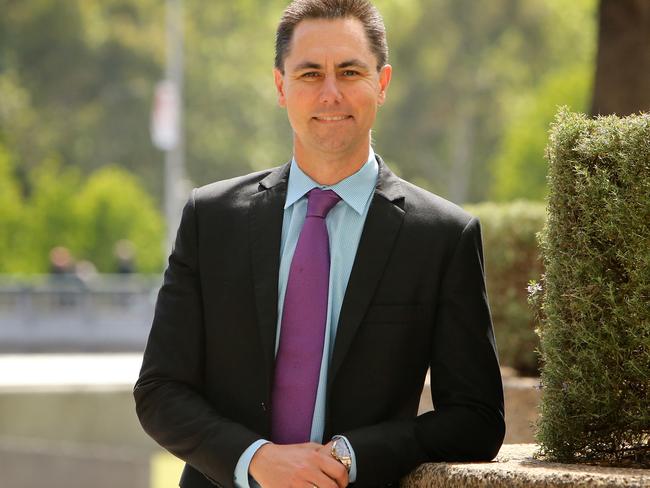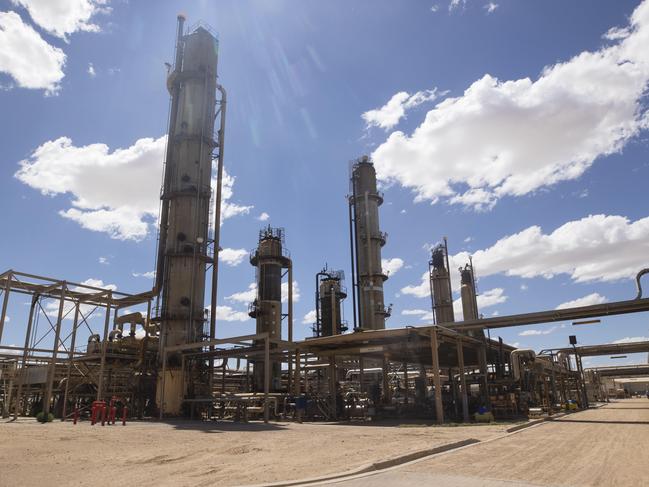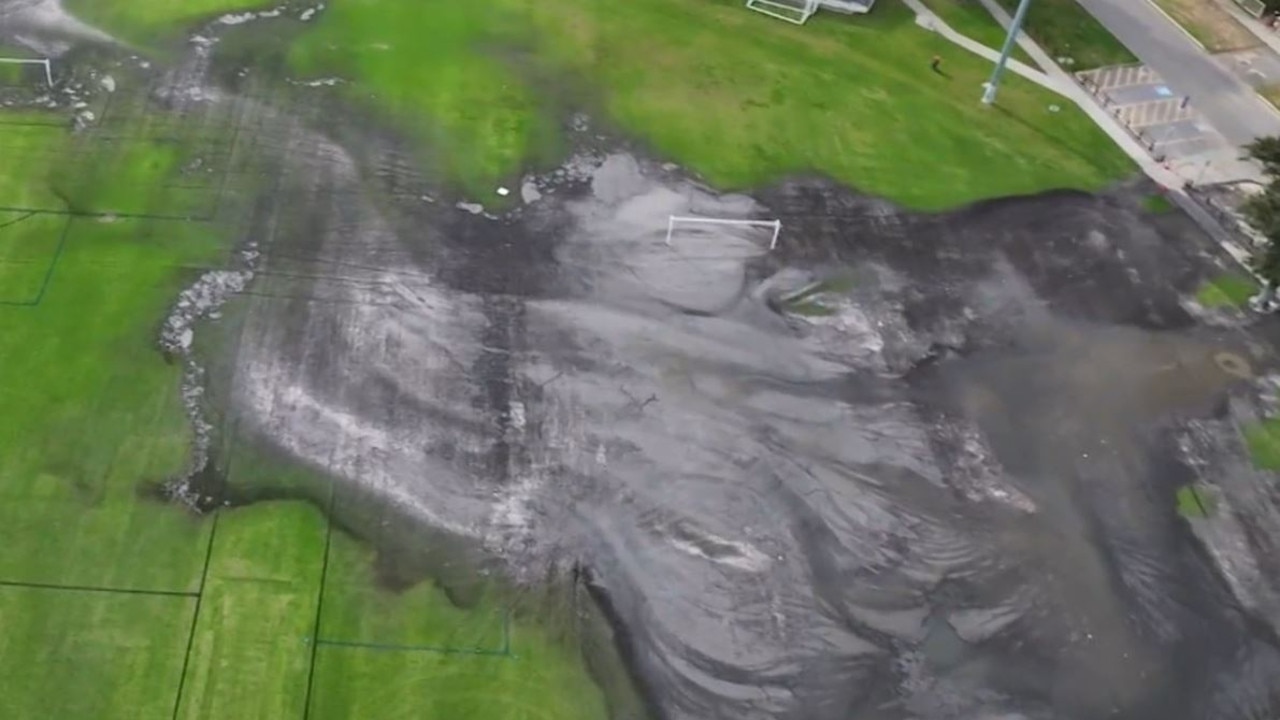‘Urgent’ warning on Australian power supply
The coal industry is facing its biggest challenge and threat — and it warns power supply needs “urgent investment” to continue.
Environment
Don't miss out on the headlines from Environment. Followed categories will be added to My News.
The coal industry is ploughing hundreds of millions of dollars to pinpoint and develop low-emission technology to extend the life of crucial base load electricity generators and slash manufacturing industry carbon emissions.
Australia’s black coal producers have committed $550m since 2006 to developing measures to capture carbon, then store, re-use or prevent emissions.
Almost two-thirds of Australia’s coal-fired electricity generators are expected to close before 2033, triggering warnings from the national power grid operator that reliability will be at risk without “imminent and urgent investment”.
Coal is the largest fuel source for the world’s power, at 38 per cent, so the International Energy Agency says carbon capture technologies are important for reducing the total cost of transforming electricity grids and maintaining stable supply.

Coal royalties are bolstering state budgets in Queensland and NSW. A $15.3bn coal royalties windfall in June’s Queensland budget enabled the nation’s largest state budget surplus – $12.3bn – and at least $550 in energy rebates for every Queenslander.
NSW on September 6 hiked coal royalties for the first time in 14 years, raising them by 2.6 per cent to pump $2.7bn over four years into repairing the state budget.
Carbon Capture and Storage (CCS) involves technology to capture carbon dioxide and store it safely underground, including directly from large emission sources like coal-fired electricity plants.
“There is no silver bullet to net zero, no single way of getting to net zero – we need all the technologies to get to reach this goal and CCS will play a key role because it can prevent more than 95 per cent of CO2 emissions entering the atmosphere,” LETA CEO Mark McCallum said
The Global CCS Institute, an industry think tank, says the technology will be particularly important for hard-to-abate sectors like cement and steel production, in which no other viable solutions exist for removing carbon dioxide.
The process typically involves capturing carbon dioxide from industrial plants, transporting it a as a liquid by pipeline or ship, then injecting it deep underground for permanent storage.
Click here to find all the stories in Future Energy campaign
Energy giant Santos has almost completed a CCS project at its Moomba gas plant in northeastern South Australia, where it expects to store 1.7m tonnes of carbon dioxide annually from 2024.
Around the world, the Institute says there are 29 CCS facilities operating, with a total capture capacity of almost 40m tonnes annually – the equivalent to taking almost 8m cars off the road.

Global CCS Institute general manager commercial Alex Zapantis said capturing and storing carbon both reduced emissions from electricity generation and enhanced the grid’s reliability.
“If you’ve got a reasonably young power station … Am I going to let it operate for that 20 years, sending seven million tonnes of CO2 into the atmosphere every year or whatever it is for that particular power station, or am I going to close it prematurely? That’s a significant economic cost to whoever owns that power station,” he said.
“Or am I going to just not use it and replace that capacity with something else and have its utilisation factor reduced significantly over time?”
Instead, Mr Zapantis said coal generators could build CCS transport and storage infrastructure, serving as a hub for emissions-intensive industries including cement manufacturing.
“Then suddenly, you’ve got all of the ingredients needed for a CCS network, which has all sorts of advantages in terms of cost reduction, because of economies of scale and risk reduction. What you’re establishing is a bit of an ecosystem of businesses that are all going to be using that infrastructure,” he said.
The expert Net Zero Australia report, released in July, recommended CCS be “rapidly accelerated” because it was “a crucial component of a net zero strategy”, saying carbon storage basins should be made ready for large-scale injection from 2030.
The report, produced by experts from Melbourne, Queensland and Princeton universities, urged public funding and regulatory support to scale up CCS to commercial viability in Australia.
More Coverage
Originally published as ‘Urgent’ warning on Australian power supply





